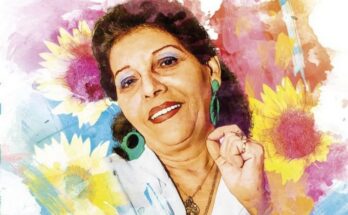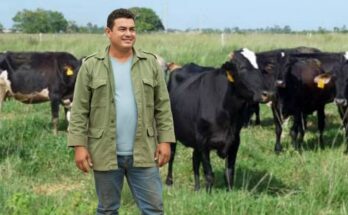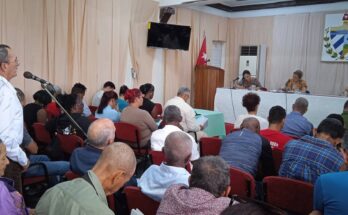On August 16 and 17, 1925, 99 years ago, the First National Congress of the Communist Groups of Cuba was held, an event that had been convened before the closing of the Third National Workers’ Congress, held in Camagüey on the 6th day of the same month, in order to establish the first Communist Party in the country.
For its foundation they met in an old house on Calzada Street, in the capital’s Vedado, then numbered 81, in the place where today stands the Hubert de Blanck theater; Carlos Baliño, as the oldest delegate, received the credentials of the delegates, among them, the canary teacher José Miguel Pérez, the student leader Julio Antonio Mella and the cigar union leader Alejandro Barreiro.
Also with them were Venancio Rodríguez, from the Guanabacoa group; Miguel Valdés, from the Tobacco Workers Union, and Emilio Rodríguez, from San Antonio de los Baños; for the Hebrew Section and its Communist Youth, there were Yoshka Grinberg, Yunger Semiovich (pseudonym of Fabio Grobart) and Félix Gurbich.
The Manzanilleros, who lacked the money to travel to Havana, were unable to attend, so Mella and Barreiro assumed their representation in the event, and the Mexican Communist Party sent Enrique Flores Magón as solidarity support to help organize the great event.
Without extensive knowledge of scientific socialism, but communists from heart, those gathered at the congress wanted the emancipation of the Cuban working class and people; despite their limitations, they did understand, especially thanks to Mella and Baliño, their role as an indispensable link between the patriotic thought of the 19th century and the ideas of social sovereignty of the 20th century.
The main mission of those founders was to create the first Communist Party of Cuba and affiliate it to the Third International, founded by Vladimir I. Lenin in 1919. Lenin in 1919; and in addition to a program of demands for the popular masses, they proposed to work actively in the trade unions, organize the farmers and fight for the rights of women and youth; they also attached great importance to party education and the ideological strengthening of the workers’ press.
At the end of the constitutive congress, on August 18, José Miguel Pérez y Pérez, a leader from the Canary Islands, who was deported shortly after to Spain by the Machado regime, was elected as general secretary; the Central Committee was also made up of Julio Antonio Mella, Carlos Baliño, Alejandro Barreiro, Venancio Rodríguez, Rafael Suárez and Yoshka Grinberg.





